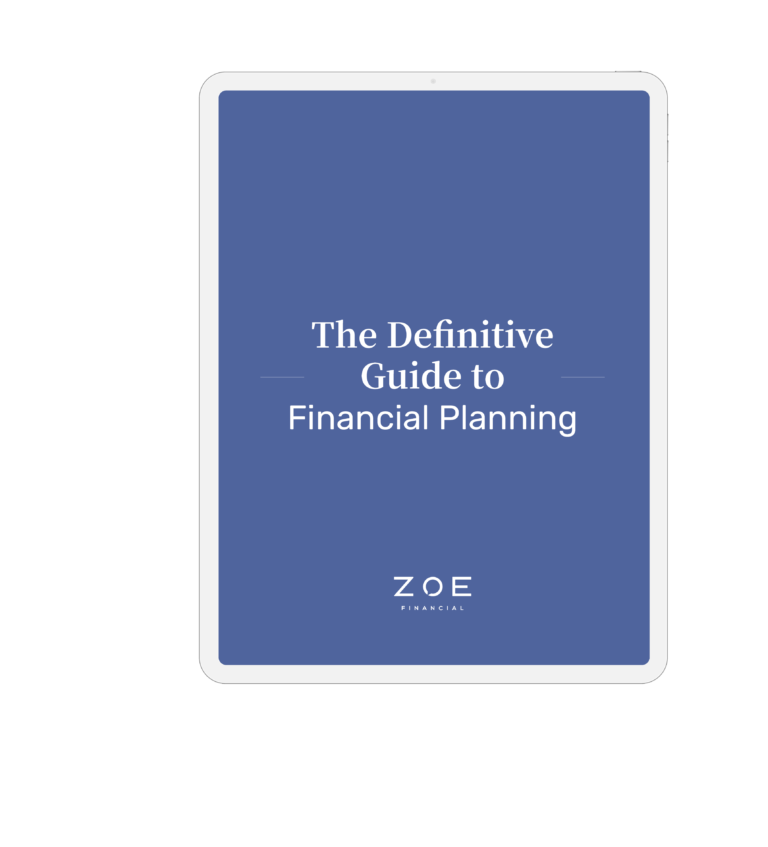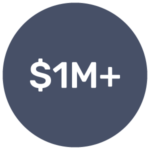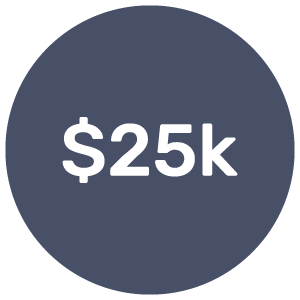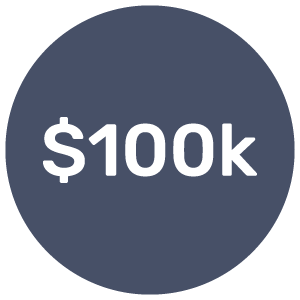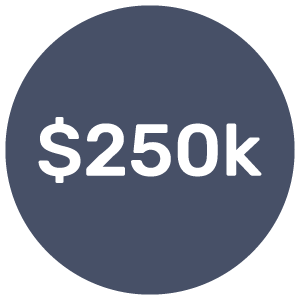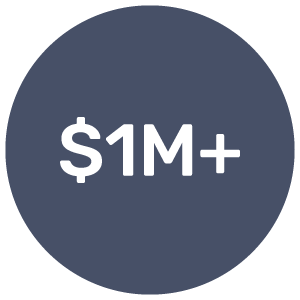Home Purchasing
Buying a home is one of life’s biggest investments. From what you need to consider before you buy a home to what to expect throughout the process, going in with an informed mindset before falling in love with the house of your dreams can pay off.
Download our Guide to Financial Planning
- Saving for a Home
- Long-Term Benefits
- Investing for the Long-Term
Essential Questions Prior To Purchasing A Home
Good credit is necessary to qualify for a home loan. You’ll also need to review your debt-to-income ratio and your financial history to determine if you’re a good fit for home-buying. Take time to review your complete credit history and be prepared to explain your credit history to lenders.
Once you take the leap and start actively shopping for a home, you’ll need to obtain a mortgage pre approval. In fact, most realtors request you clearly know how much you can afford and home sellers won’t consider your offer on a home without a mortgage pre approval. Keep in mind that interest rates and fees vary from lender to lender.
There are four main mortgage options.
1. Fixed-rate mortgages have a fixed interest rate for the entire term of the loan, which can last for 15, 20, or 30 years.
2. Adjustable rate mortgages, also known as variable-rate mortgages or tracker mortgages, loans with interest rates that periodically adjust based on an index which reflects the cost to the lender of borrowing on the credit markets.
3. Balloon mortgages is a short-term loan with monthly payments, based on a shorter (typically 5-7 year) period based on a 30-year amortization. Balloon mortgages are more common in commercial real estate.
4. Government-insured loans or special loan programs are private-sector issued loans insured or guaranteed by the government.
There are plenty of options, from a single-family home or a condo, to a townhouse or a co-op. Your home choice is a unique decision and depends entirely on where you see yourself living. You may only be able to afford a fixer-upper, but the amount you save initially could mean endless years of headaches. Consider the style in accordance with what you can realistically afford in terms of both time and peace of mind.
Let’s say you do qualify for a mortgage that will cover the cost of your dream home. While it may seem like you’re good-to-go, you’ll want to evaluate how the loan and subsequent payments every month will affect the rest of your budget. As a first-time homebuyer, you don’t want to end up “house-poor.” Think about the property taxes, homeowners insurance, utilities, and your regular living expenses when determining how much you can afford.
Where you choose to purchase a home is important. Whether it’s your first home, second home, vacation home, rental property, or otherwise- consider non-finance related factors prior to your purchase. This includes:
- Access to Area Healthcare
- Access to Preferred Amenities (Grocery Stores, Gyms, Shops, Restaurants, etc.)
- The Local School System
- Commuting Time
- Lot Style and Proximity to Neighbors
- The Transportation System
Home Purchasing Resources
Disclosure: This page is not investment advice and should not be relied on for such advice or as a substitute for consultation with professional accounting, tax, legal or financial advisors. The observations of industry trends should not be read as recommendations for stocks or sectors.
A Wealth Planner With Expertise in Home Purchasing
Connect with fiduciary financial advisors.
Trustworthy
Nationwide
Experienced
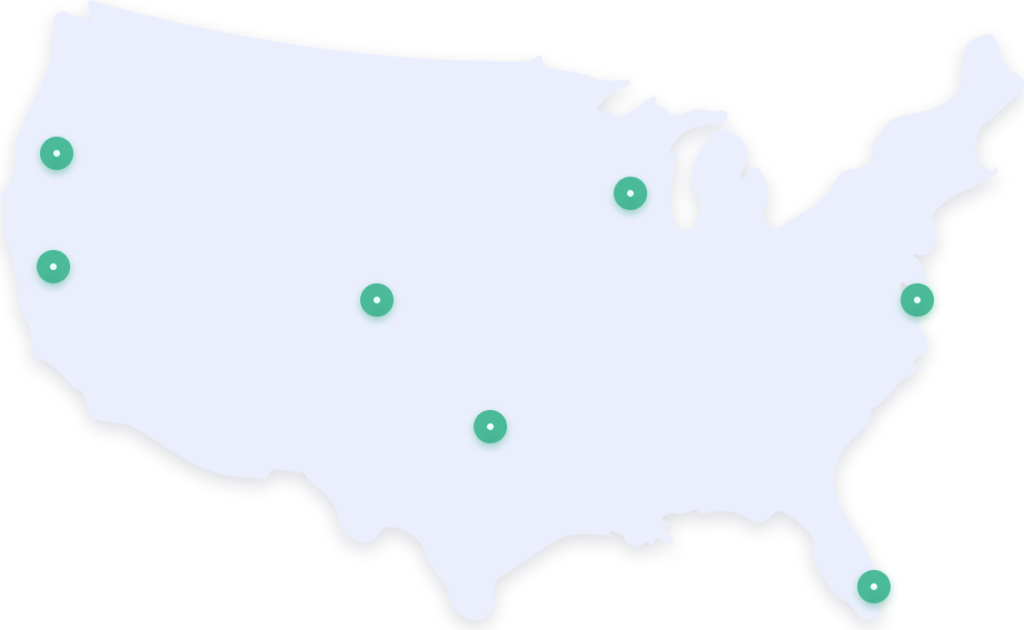



A Wealth Planner With Expertise in Home Purchasing
Connect with fiduciary financial advisors.
Trustworthy
Experienced
Nationwide




Ready to Grow
Your Wealth?
Let us connect you with the most qualified wealth planners
Ready to Grow Your Wealth?
Let us connect you with the most qualified wealth planners
